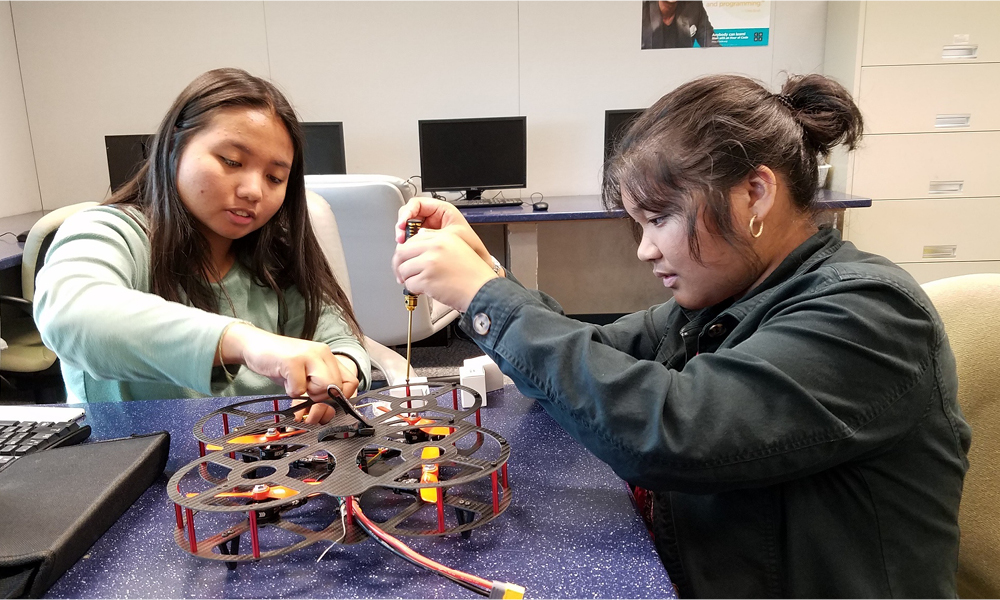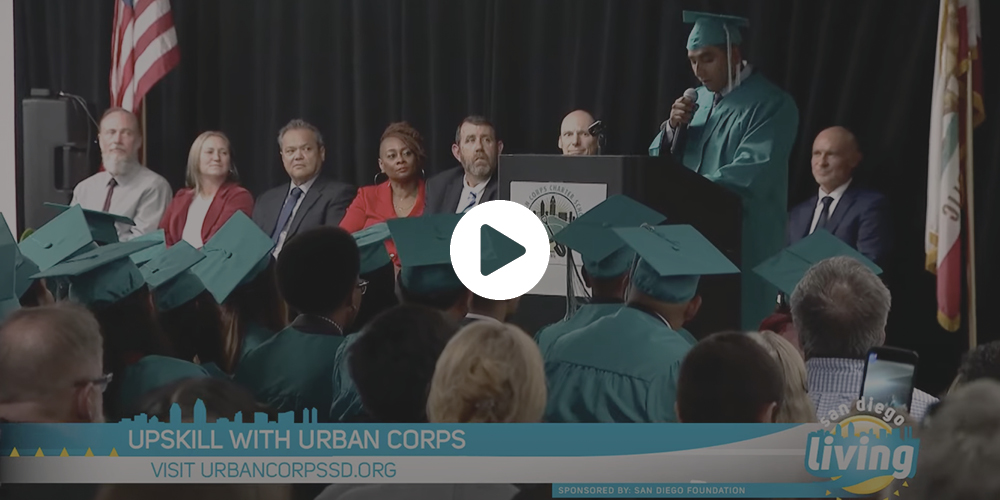As today’s workforce evolves, the skills gap has become a growing concern for businesses and employees.
The widening disparity between employers’ needs for certain skills and job seekers’ qualifications – or the “skills gap” – presents unique challenges for both employers and employees.
Employers must find ways to fill positions with qualified candidates, while employees must ensure they have the necessary skills to stay competitive in their field.
In a recent report from McKinsey, 87 percent of companies surveyed claimed they currently have skill gaps or will have them within the next two years.
Those findings were backed up by another study from Gartner, in which they report: “HR leaders are finding it increasingly difficult to find and develop talent with the most in-demand skills quickly, yet 58 percent of the workforce needs new skills to get their jobs done.”
What is Causing the Skills Gap?
Accelerated technological advances, shifts in the job market, and lack of education and training opportunities are the primary drivers of today’s job skills gap.
Technology and automation are evolving at rapid paces, and employers need workers who can adapt to new skills and technologies quickly to stay competitive.
This means job seekers need up-to-date skills to keep up with the changes. But, training and resources are not always readily available to help close this gap. And as workplaces evolve, some roles become redundant due to automation or obsolete with advances in artificial intelligence (AI).
Shifting job markets also add to the skills gap. For example, growth in certain industries, such as green industries, outpaces other sectors, leading employers to seek more specialized skills and knowledge. If job seekers don’t have or cannot maintain new skills, they may find their skills are no longer relevant.
Finally, the skills gap is exacerbated by the lack of education and training opportunities available to job seekers.
America’s business leaders believe that higher academic standards, better student performance tracking, and more robust early childhood programs are needed to prepare students for postsecondary education and a successful start in the workforce.
But, the larger issue may be the lack of access to resources and job training programs for job seekers. Without access to these opportunities, it can be difficult to acquire the skills they needed to be competitive in the job market.
Addressing Talent Needs in our Workforce
McKinsey reports that employers are addressing skills gaps in various ways, including hiring contract or freelance workers and redeploying employees into new roles.
Still, the most impactful tactic may be investing in skill building, as accomplished through reskilling programs and other efforts that better align with today’s and tomorrow’s workforce needs.
According to McKinsey, reskilling programs most often focus on building employees’ skills in critical thinking and decision-making, leadership and managing others, and advanced data analysis. All are skill types that previous research has found will be in greater demand in coming years.
Community organizations are joining for-profit companies to help upskill workers, as well.
At San Diego Foundation, for example, we partner with local nonprofits in workforce development efforts to build a resilient region that supports our diverse workforce.
Through our Green Jobs initiative, we are creating a green workforce that provides job opportunities to people who face systemic barriers to career fulfillment and success.
We recently partnered with Urban Corps of San Diego County to give young adults second chances, by helping them upskill, earn their diplomas and receive paid work experience, while also enhancing the San Diego community.
Through their work, Urban Corpsmembers build and maintain the urban tree canopies, provide wildfire mitigation services and process recyclables in the on-site collection center, among other services. Other Green Jobs partners restore natural habitats, organize and educate on environmental justice issues, and learn about urban agriculture.
Since 1999, we have supported science, technology, engineering and math (STEM) education across the region, particularly among underrepresented young adults. We have granted nearly $10 million through our Science and Technology Program, supporting more than 900 young scientists through 33 nonprofit partnerships.
Elementary Institute of Science, one of our nonprofit partners, helps girls at area Title I high schools, or schools where more than half of students qualify for reduced or free lunch, “take flight” and encourages them to consider a career in STEM.
Girls Take Flight is a nine-month initiative where students learn to build, program and fly drones, leading to Federal Aviation Administration commercial drone pilot certification. Through this program, young women and girls are exposed to careers in computer programming, aerospace engineering and drone-aided GIS mapping and cinematography, among others.
Closing the Skills Gap
Closing the skills gap is – and will continue to be – a combined effort from education, for-profit and social sectors.
By focusing on reskilling, upskilling, job training and workforce development initiatives, we can help our workforce evolve to meet our growing economy and help every San Diegan thrive, prosper and feel like they belong. To learn more about our work in this space, visit our Workforce Development programs and initiatives.




